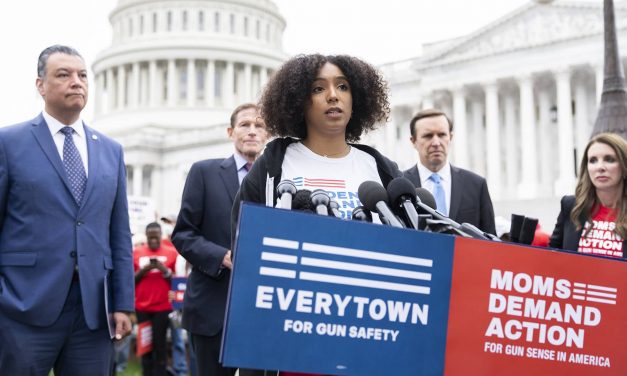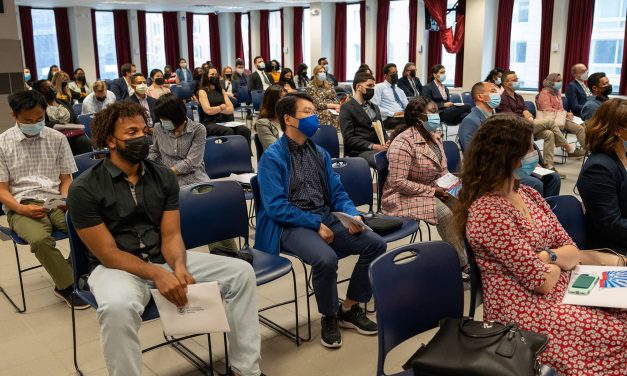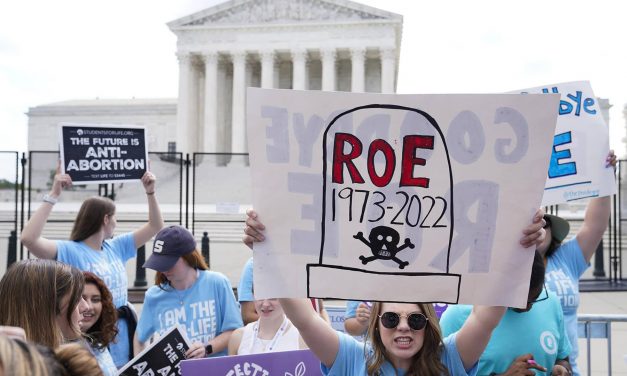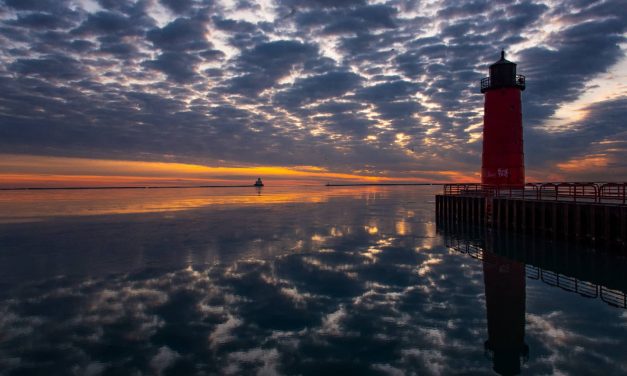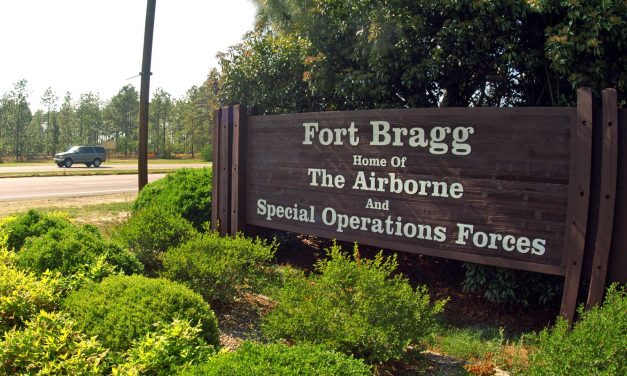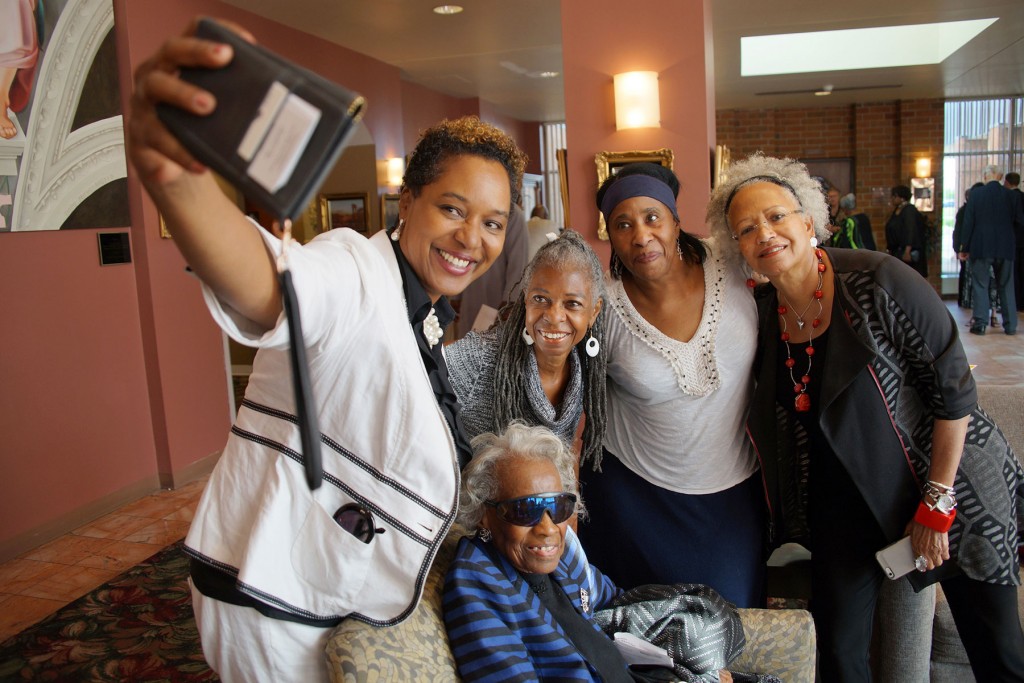Aftermath of mass shootings: The long pattern in American politics from outrage to indifference
By Robert Spitzer, Distinguished Service Professor Emeritus of the Political Science Department, State University of New York College at Cortland The nationwide call for stronger gun laws in the aftermath of mass shootings in Buffalo, Uvalde and the over 200 other places where such tragedies took place so far in 2022 was understandable. It was also predictable. Whether efforts to pass new federal or state laws to raise the minimum age for buying semiautomatic rifles, expand background checks and similar measures succeed or fail this time, they will follow a pattern in American politics that traces back more than...
Read More
